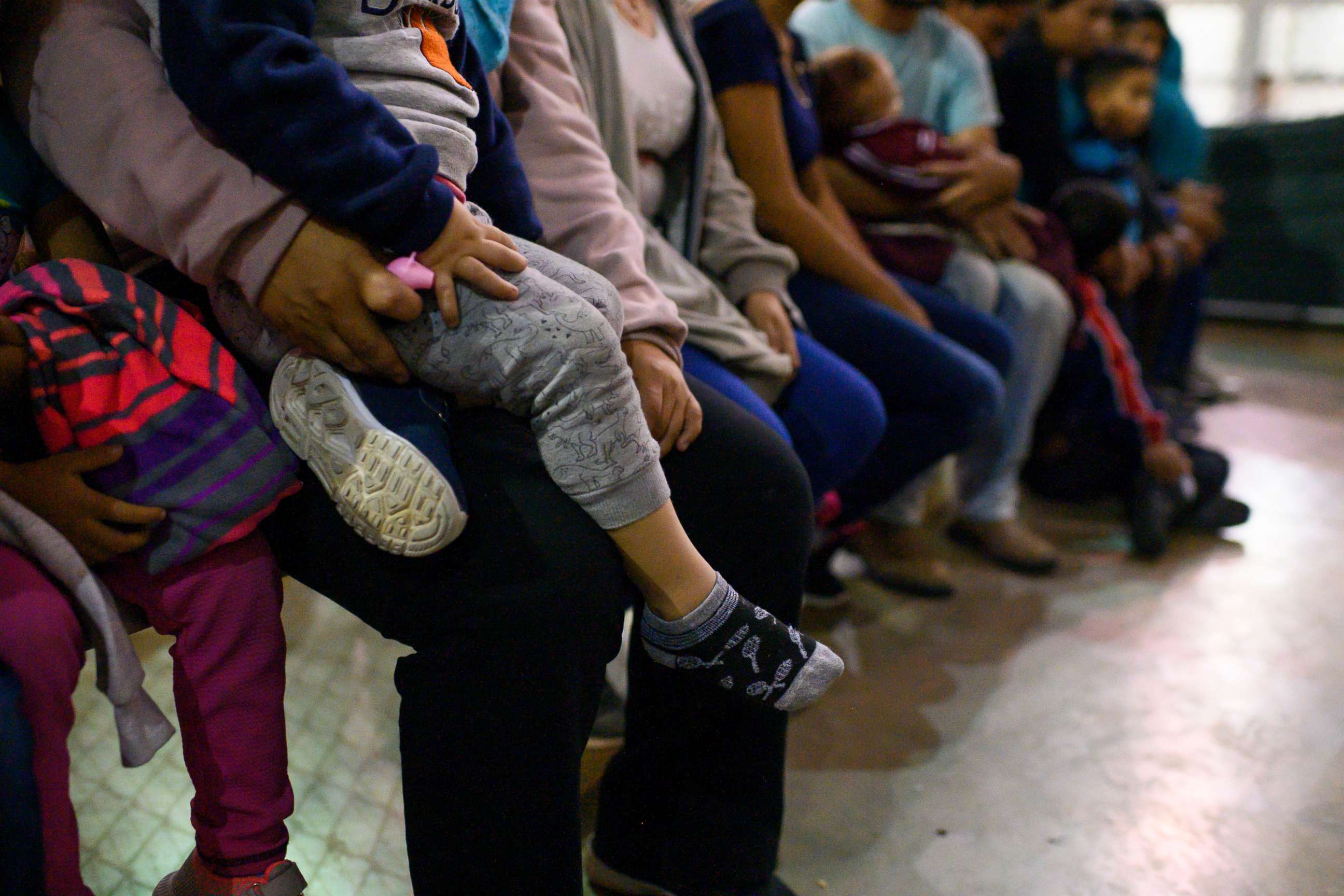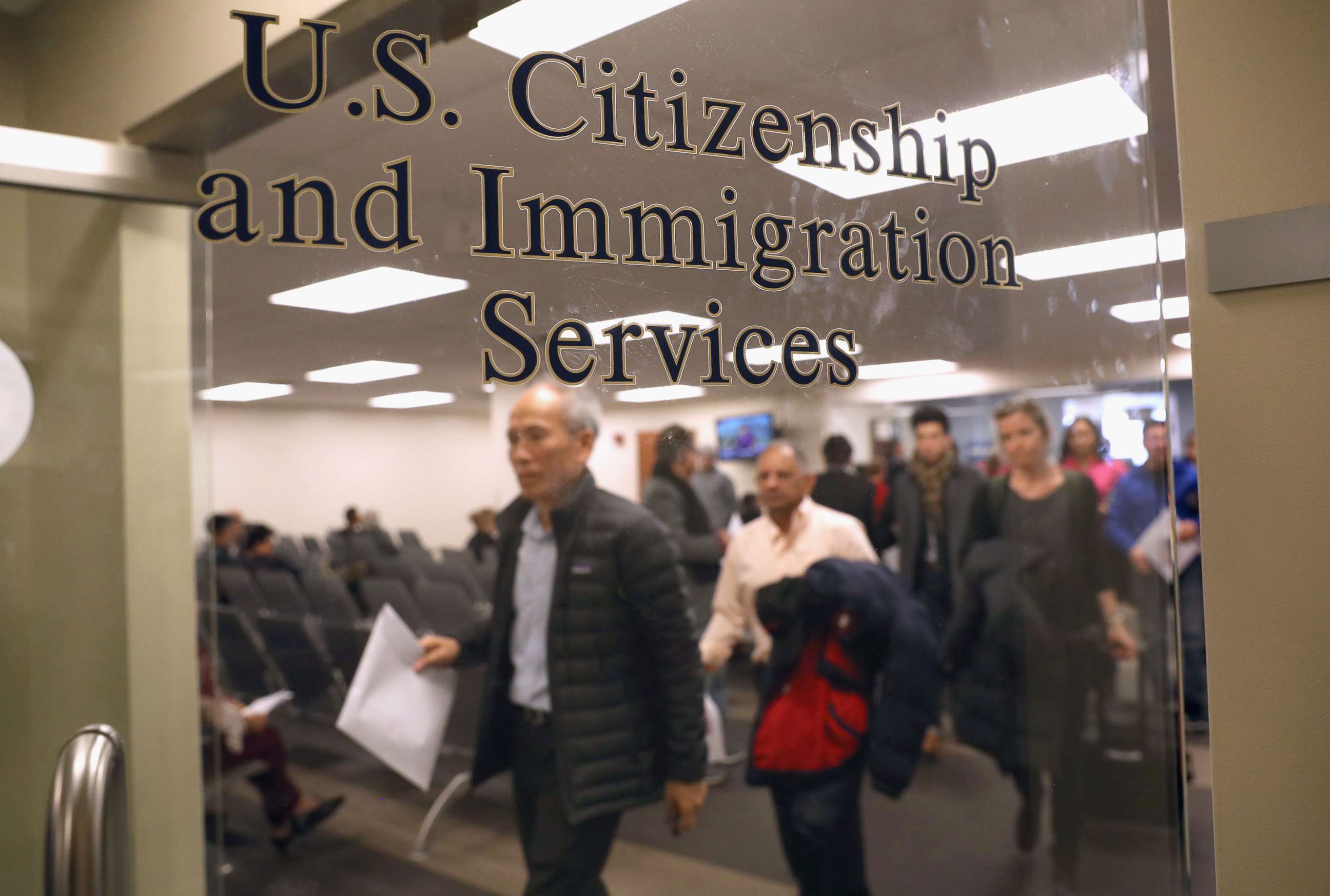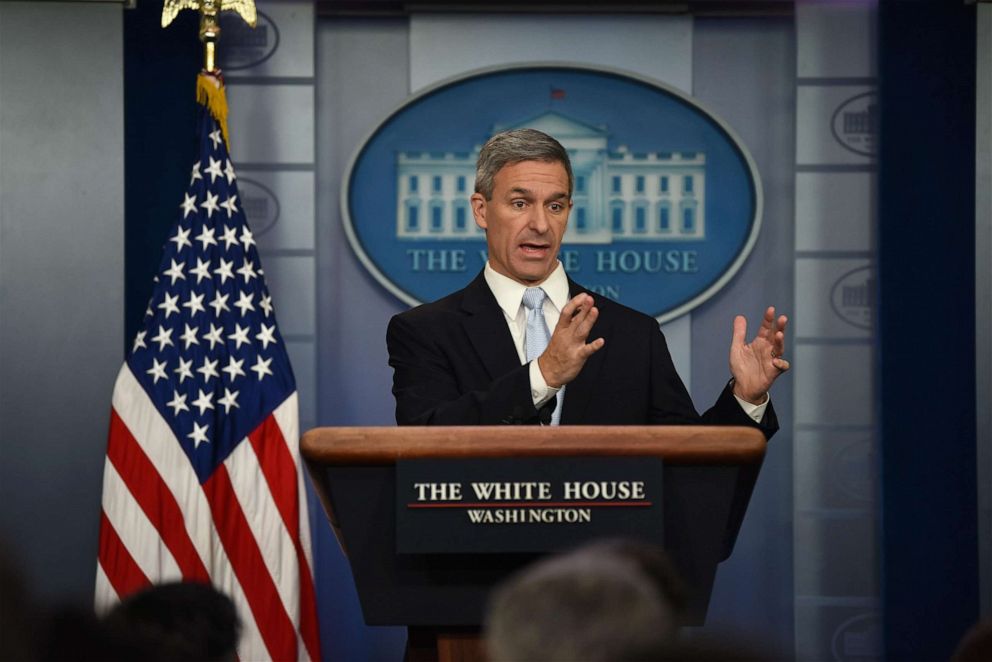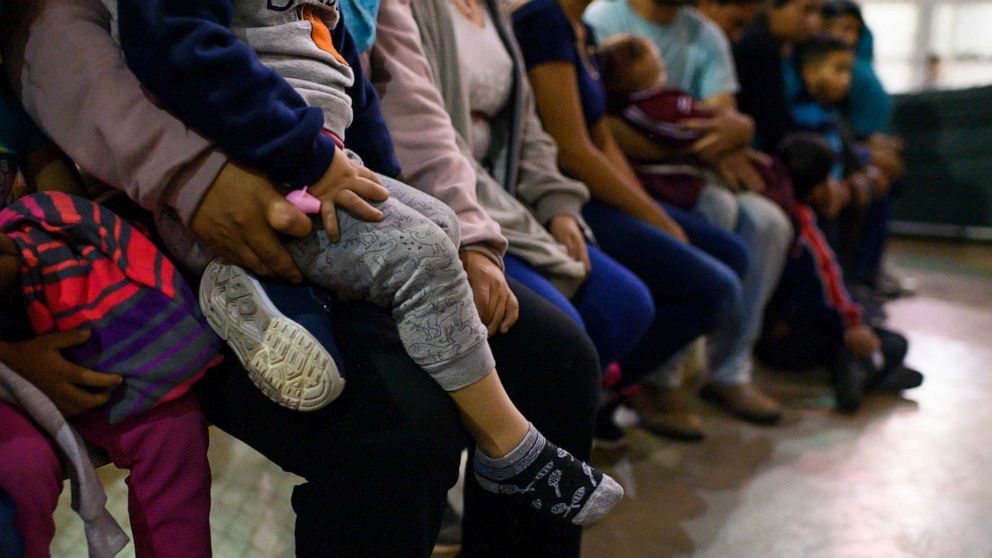Trump administration underestimating impact of new immigration rule, advocates say
The Trump administration is expected to save less than a half percent on public aid spending with its latest immigration plan, according to the government's own analysis of a new rule which heavily factors a person's wealth when deciding whether they should get a green card.
The savings would come from the nearly quarter million people expected to disenroll from the expanded list of government programs that could disqualify a legal immigrant's application for permanent residency through a green card.
Advocates say, however, the number could be higher as immigrant communities fear that any government assistance could complicate their legal status. They anticipate a rise in homelessness and other cost-of-living problems as an already vulnerable population slips into poverty.

Officials from U.S. Citizenship and Immigration Services did not immediately respond to requests for comment on the number of people expected to disenroll as a result of the new rule.
Of key concern for advocates is the "chilling effect," a term used to describe the fear and confusion the new regulation will have on immigrant families who may decline to sign up for benefits.
"The rule is complicated and understanding precisely who will be subjected to this new public charge test is hard for families to discern," said Andrea Kovach, a senior attorney at the Shriver Center on Poverty Law. "But the message the rule sends is simple and clear. Immigrant families who receive benefits for which they are eligible could be putting their immigration status in jeopardy."

Twenty percent of low-income immigrant adults said last year they chose not to participate in a government benefit program fearing their green card would be denied, according to a survey from the Urban Institute, a nonprofit research group.
According to independent estimates, about 23 million people live in households with non-citizens or are non-citizens themselves.

Medicaid and the Supplemental Nutrition Assistance Program, formerly known as food stamps, are now part of the list of programs that could disqualify a green card applicant if officials find they may need to use the programs in the future.
The new rule indicates a pattern of Trump administration policies that disproportionately impact the health of immigrants and low-income citizens, according to researchers at the Georgetown Center on Poverty and Inequality.
The White House has already taken steps to narrow the pool of both citizens and non-citizens who qualify for nutrition assistance. The Georgetown researchers estimate that the U.S. economy expands by $2 for every $1 redeemed by a nutrition assistance recipient.
Legal challenges against the administration have already started. Officials in California filed lawsuits this week and more are expected from state and local officials across the country.
ABC News' Stephanie Ebbs contributed to this report.




